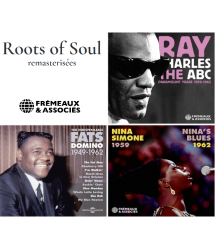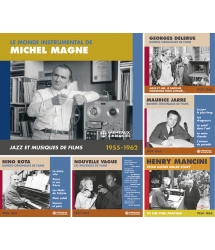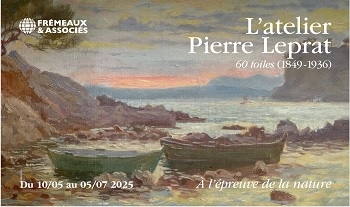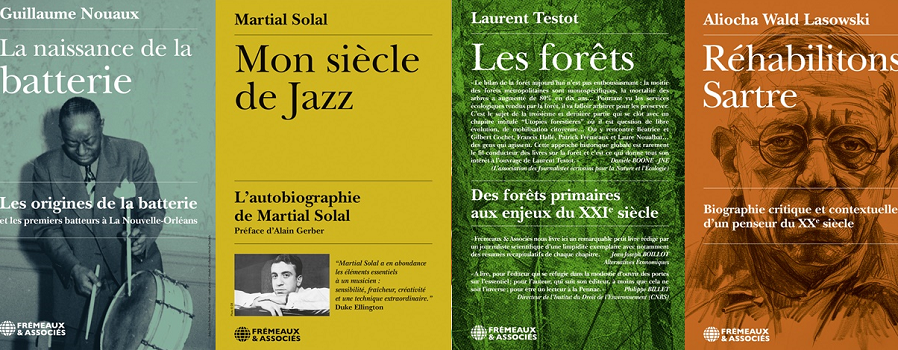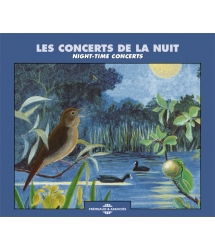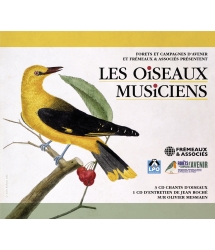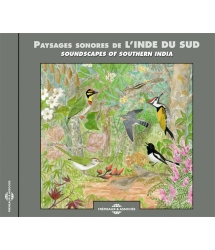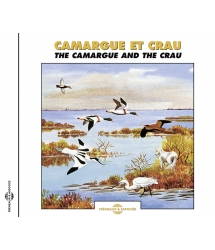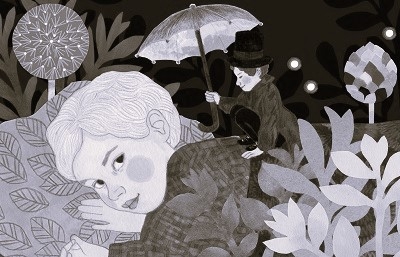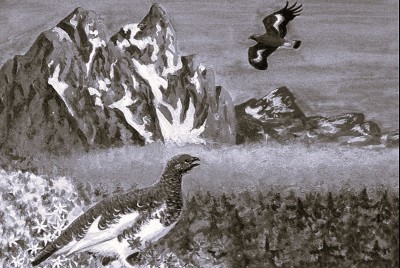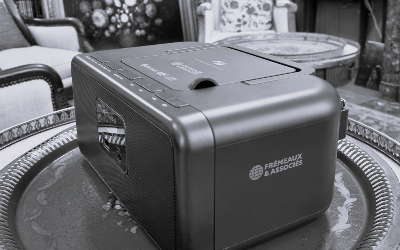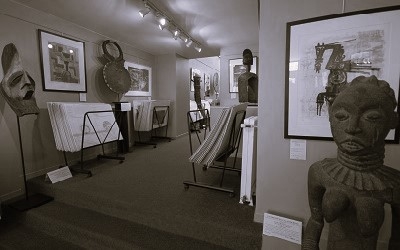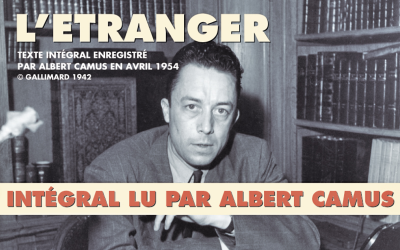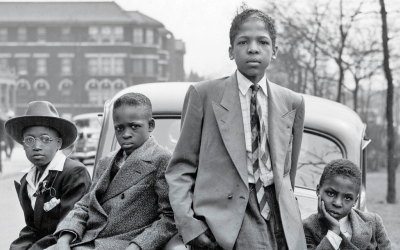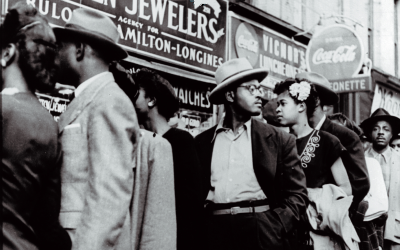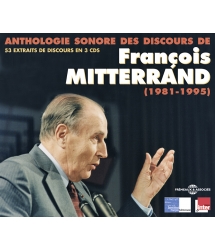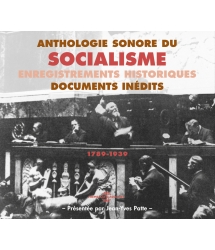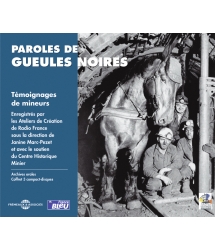Chez Frémeaux et Associés, les frais de ports sont offerts dès 35€ de commande !
La sélection Frémeaux & Associés
Livres
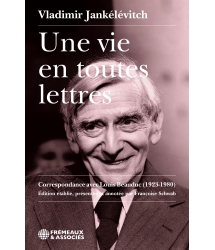
Vladimir Jankélévitch - Une vie en toutes lettres
Correspondance avec Louis Beauduc (1923-1980),...
Version Papier
36,00 €
25,99 €
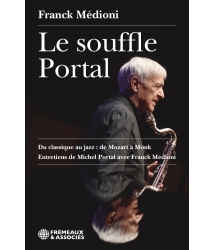
Le souffle Portal - Franck Médioni
Du classique au jazz : de Mozart à Monk - Entretiens...
Version Papier
20,00 €
13,99 €
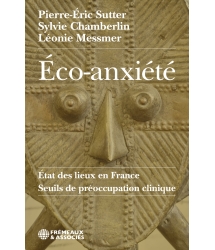
Eco-anxiété - Pierre-Eric Sutter, Sylvie Chamberlin, Léonie Messmer
Etat des lieux en France - Seuils de préoccupation...
Version Papier
22,00 €
14,99 €
Livres

Vladimir Jankélévitch - Une vie en toutes lettres
Correspondance avec Louis Beauduc (1923-1980),...
Version Papier
36,00 €
25,99 €

Le souffle Portal - Franck Médioni
Du classique au jazz : de Mozart à Monk - Entretiens...
Version Papier
20,00 €
13,99 €
Jazz

Intégrale Lalo Schifrin 1955-1962
Jazz & bossa nova
29,99 €
19,95 €
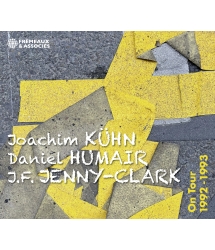
Joachim Kühn - Daniel Humair - Jean-Francois Jenny-Clark
On Tour 1992 -1993
19,99 €
9,95 €
Notre Catalogue

Intégrale Lalo Schifrin 1955-1962
Jazz & bossa nova
Version CD
29,99 €
Version Numérique
19,95 €

Vladimir Jankélévitch - Une vie en toutes lettres
Correspondance avec Louis Beauduc (1923-1980), Edition...
Version Papier
36,00 €
Version Numérique
25,99 €

Du climat à la guerre - Des conflits sur une Terre altérée
Un cours de Dominique Bourg philosophe de l’écologie et...
Version CD
29,99 €
Version Numérique
20,95 €
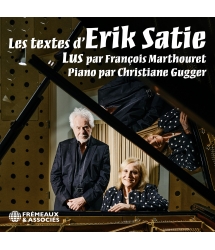
Erik Satie - Poète-musicien
Textes lus par François Marthouret - piano par Christiane...
Version CD
19,99 €
Version Numérique
13,95 €
A découvrir en ce moment
Découvrez nos autres catégories
Nouveautés
Voir toutes les œuvres

Intégrale Lalo Schifrin 1955-1962
Jazz & bossa nova
Version CD
29,99 €
Version Numérique
19,95 €
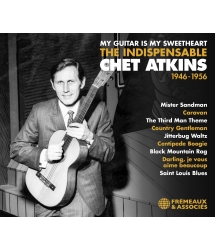
The Indispensable Chet Atkins 1946-1956
My Guitar Is My Sweetheart
Version CD
29,99 €
Version Numérique
19,95 €

Joachim Kühn - Daniel Humair - Jean-Francois Jenny-Clark
On Tour 1992 -1993
Version CD
19,99 €
Version Numérique
9,95 €

Erik Satie - Poète-musicien
Textes lus par François Marthouret - piano par Christiane...
Version CD
19,99 €
Version Numérique
13,95 €

Du climat à la guerre - Des conflits sur une Terre altérée
Un cours de Dominique Bourg philosophe de l’écologie et...
Version CD
29,99 €
Version Numérique
20,95 €

Vladimir Jankélévitch - Une vie en toutes lettres
Correspondance avec Louis Beauduc (1923-1980), Edition...
Version Papier
36,00 €
Version Numérique
25,99 €

Le souffle Portal - Franck Médioni
Du classique au jazz : de Mozart à Monk - Entretiens de...
Version Papier
20,00 €
Version Numérique
13,99 €
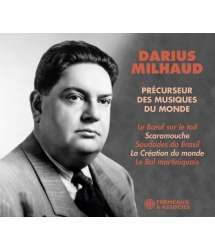
Darius Milhaud - Précurseur des musiques du monde
Le Bœuf Sur le toit • Scaramouche • Saudades do Brasil •...
Version CD
29,99 €
Version Numérique
19,95 €
Nouveautés

Intégrale Lalo Schifrin 1955-1962
Jazz & bossa nova
Version CD
29,99 €
Version Numérique
19,95 €

The Indispensable Chet Atkins 1946-1956
My Guitar Is My Sweetheart
Version CD
29,99 €
Version Numérique
19,95 €

Joachim Kühn - Daniel Humair - Jean-Francois Jenny-Clark
On Tour 1992 -1993
Version CD
19,99 €
Version Numérique
9,95 €

Erik Satie - Poète-musicien
Textes lus par François Marthouret - piano par Christiane...
Version CD
19,99 €
Version Numérique
13,95 €

Du climat à la guerre - Des conflits sur une Terre altérée
Un cours de Dominique Bourg philosophe de l’écologie et...
Version CD
29,99 €
Version Numérique
20,95 €

Vladimir Jankélévitch - Une vie en toutes lettres
Correspondance avec Louis Beauduc (1923-1980), Edition...
Version Papier
36,00 €
Version Numérique
25,99 €

Le souffle Portal - Franck Médioni
Du classique au jazz : de Mozart à Monk - Entretiens de...
Version Papier
20,00 €
Version Numérique
13,99 €

Darius Milhaud - Précurseur des musiques du monde
Le Bœuf Sur le toit • Scaramouche • Saudades do Brasil •...
Version CD
29,99 €
Version Numérique
19,95 €
Où commander les produits Frémeaux ?




